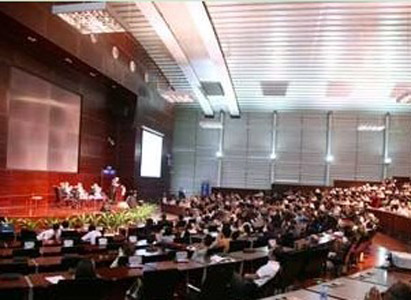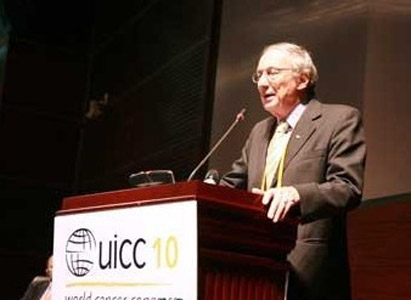Crash Diets May Harm Your Health
A crash diet is a short-term diet plan that drastically changes the dieter's eating habits and results in rapid weight loss. The principle of which involves consuming a mixture of water, lemon juice, maple syrup, and cayenne pepper -- and nothing else -- for several days. But experts from Modern Cancer Hospital Guangzhou, China says these very low-calorie regimens are based on the false theory that the body needs help eliminating waste.
Research suggests rapid weight loss can slow your metabolism, leading to future weight gain, and deprive your body of essential nutrients. What's more, crash diets can weaken your immune system and increase your risk of dehydration, heart palpitations, and cardiac stress.
"A crash diet once won't hurt your health," experts said. "But crash dieting repeatedly increases the risk of different kinds of diseases’ attacks."
Prof Peng adds that long-term calorie-cutting can eventually lead to heart muscle loss. "Yo-yo dieting can also damage your blood vessels. All that shrinking and growing causes micro tears that create a setup for atherosclerosis and other types of heart disease," he says.
Beware of fad diets
Experts have known for decades that extended crash diets can be dangerous -- especially when the diets become a fad.
The diet seemed to work wonders -- some people reported losing as many as 10 pounds a week on the formula. But then the news of sudden deaths began to trickle in. An investigation led by the Food and Drug Administration turned up nearly 60 deaths among liquid dieters.
Experts stress that very-low-calorie diets should only be followed with a doctor's supervision. But crash dieters are more likely to consult their friends than a doctor -- which can get them into troubles.
How to lose weight -- safely
If you're overweight, slimming down is critical for your overall health. Even moderate weight loss can lower your risk of developing heart disease, diabetes, and some types of cancer.
But it's important to lose weight safely, which usually means slowly: Most experts recommend dropping just 1 to 2 pounds a week. And despite what some brand-name diets claim, the best way to do so is to exercise regularly and stick to a diet that limits saturated fat and sugars and emphasizes fruits and vegetables, lean meats and fish, and whole grains.
"The key to losing weight is a combination of diet and exercise," says experts from Modern Cancer Hospital. "One alone will not do it."









